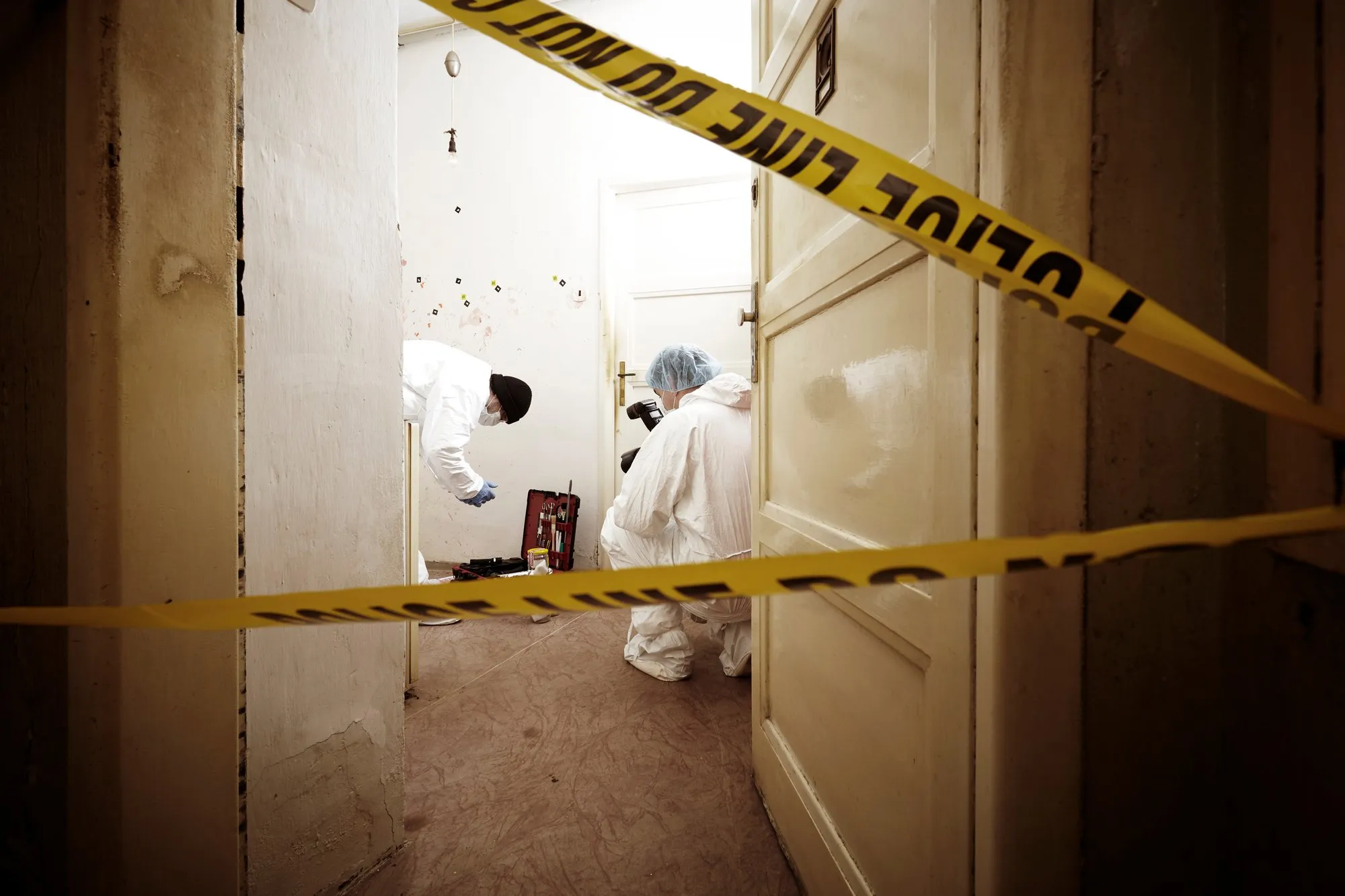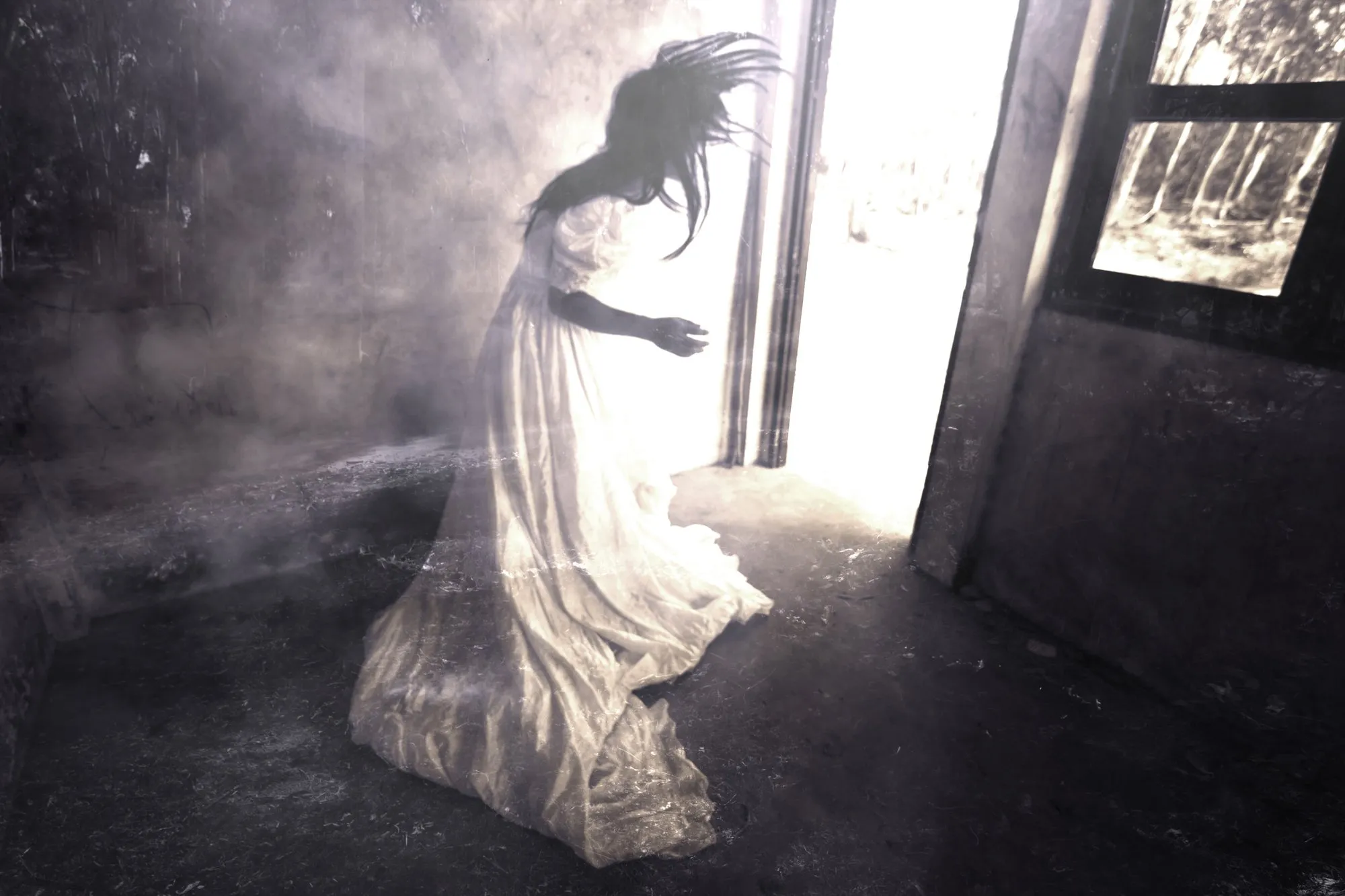What lies beneath? The Dark Secrets of Your Future Home's History
While many people focus on the superficial aspects of a home before making an offer, it's important to be aware of the dark secrets that may be hidden in a home's history. These secrets could range from the previous owner's skeletons in the closet to more sinister details, such as hidden rooms or secret compartments.
If you're considering purchasing a home, it's important to do your due diligence and research the property's history. You may be able to find some clues about potential dark secrets by looking at public records, speaking with neighbors, or hiring a professional investigator.
While some dark secrets are benign, others could pose a serious threat to your safety. It's important to be aware of what might be lurking beneath the surface before you make a purchase - after all, a home is one of the biggest investments you'll ever make.
Here are some of the dark secrets that could have been part of your future home's history:
1. Murder: One of the dark secrets that could be hidden in a home's history is murder.
Murder is one of the dark secrets that could be hidden in a home's history. It's a crime that leaves a permanent mark on a property, and one that can be difficult to discover. But there are some telltale signs that a home may have been the scene of a murder. You should be particularly concerned if the home you're interested in was built on an old cemetery site. You'll usually find out about this through research, but it could also be revealed during a seance or psychic reading.

2. Suicide: Another dark secret that could be hidden in a home's history is suicide.
For some people, the idea of buying a home that once belonged to someone who committed suicide is enough to keep them from ever considering it. But for others, it's simply another dark secret that could be hidden in a home's history.
While suicides are not as common as other types of deaths, they do happen. And when they do, the families of the victims often don't want to talk about it. That means if you're considering buying a home where someone took their own life, you may never know about it unless you do your homework.
If you're buying a home and suspect that suicide might be a possibility, there are a few things you can do to find out for sure. First, check the public records. You can also talk to the neighbors and see if they know anything about the previous owner or occupants of the home.
3. Ghosts: Some people believe that ghosts can haunt a home, and this could be another dark secret hidden in its history.

For some people, the idea of a ghost haunting their home is the stuff of nightmares. But for others, it's a fascinating possibility. After all, what could be more intriguing than the idea that your home may have a dark secret hidden in its history?
There are many stories of homes being haunted by the spirits of those who have died there. Often, these stories are passed down through generations, and become part of the family lore. For some people, this is simply an amusing ghost story. But for others, it's a very real and frightening possibility.
If you're thinking about buying a new home, it's important to be aware of the potential for ghosts. While most homes don't have any dark secrets hidden in their history, there is always the possibility that you could be buying a property with a ghostly resident.
4. Natural Disasters: A home could have been damaged or destroyed by a natural disaster, which would be another dark secret hidden in its history.
A home is typically thought of as a safe haven, a place to raise a family and make memories. But what if your home was damaged or destroyed by a natural disaster? This would be another dark secret hidden in its history. Natural disasters can happen anywhere, at any time. And while you may not be able to control the weather, there are steps you can take to help protect your home and family.
Famous adulteries, murder, suicide, cult activity, or paranormal phenomena: Is that stigmatized home your inexplicable dream?
We all are familiar with home-buying horror stories. Sellers backing out or financing falling through can kill a deal. But these hiccups fail in comparison to purchasing a stigmatized home. A home where paranormal activity, suicide, murder, cult activity or other misfortunes and crimes took place could be described as "stigmatized property".
As in real estate terms, a stigma refers to an intangible attribute of a property that may provoke a mental or emotional response on the part of a prospective buyer. In addition to physical problems, a property could have unusual features or a heritage that negatively impacts its value.
Know your states’ disclosure laws
Here's a scary fact: A listing agent may not be required to disclose a stigma to buyers. Have you ever heard the term caveat emptor (let the buyer beware)? In the past, sellers were not required to disclose anything about homes they were selling. Over the years, most states have made this change and require that buyers be aware of certain issues.
The law obliges the buyer, seller, and real estate agent to be involved in truthful and fair transactions. However, the regulations about disclosure of sketchy information vary by state. Some states explicitly protect the salesperson or broker from liability if they neglect to disclose certain property stigmas.
A house is, for instance, suspected to be haunted in Massachusetts. Salem is particularly wishy-washy in its evaluation of illegal acts in a home. In the witch town of Salem, a vendor's agent does not always have to volunteer that he was the subject of a delinquency, a homicide, or a paranormal event. However, if you are an estate agent and ask a seller's agent directly, the agent must respond with honesty.
The Uniform Disclosure of Information Act of the California State Code differs from this method, since this law dictates that buyers be made conscious of any deaths that took place within a residence within the previous three years. However, while it's perhaps prudent for a seller to be transparent about any defects that may influence the value of a property, it's not legally mandated.
Research before you fall in love
- It's extremely unlikely that you'd find a haunted house or former crime scene in a home's listing. How would you go about digging up some dirt?
- Consult with a real estate attorney in your state to learn what disclosures are required.
- Ask the seller's real estate representative if criminal or paranormal activity has been reported. Again, sellers and their agents are morally obligated to disclose any problems they are aware of when asked.
- Carefully review the seller's disclosures, if one is included with the posting. In several states, real estate disclosure requirements necessitate that owners provide disclosure documentation in hardcopy form.
- Get the quick scoop by talking to the neighbors.
- Always research your future home's address online prior to relocating. It's possible that you may find a story that may sway your choice.
Conclusion: The importance of researching a home's history before buying it
If you're thinking of buying a home, make sure to do your research first. You may not know what secrets are lurking in the home's past. For example, did you know that homes built on former burial grounds are more likely to be haunted? Or that homes with a history of violence are often discounted by 20-30%?
It's important to be aware of a home's history before making such a large purchase. The previous owner might have passed away in the homestead on old properties. This is usually predicted to happen in old neighborhoods, it shouldn't be a significant issue. The idea of a person peacefully passing away at home and occurring in areas with traditional architecture is totally different from one in which foul play was involved. Who knows what dark secrets could be hiding in its past?
